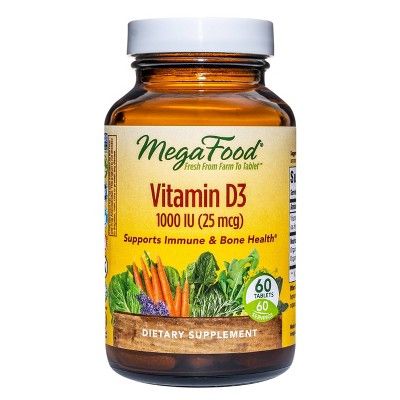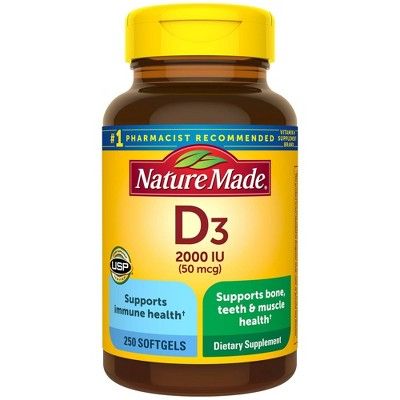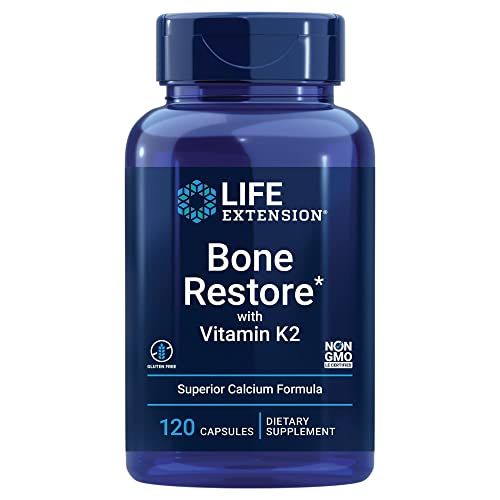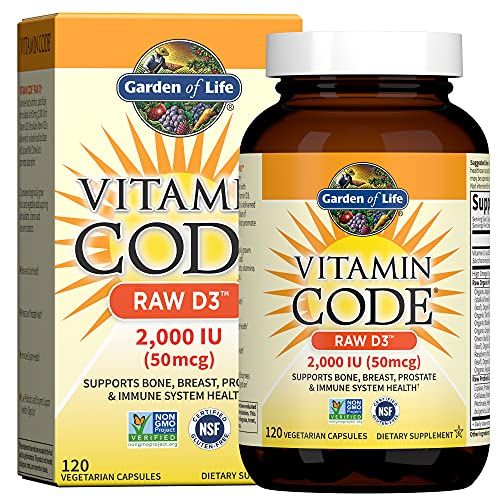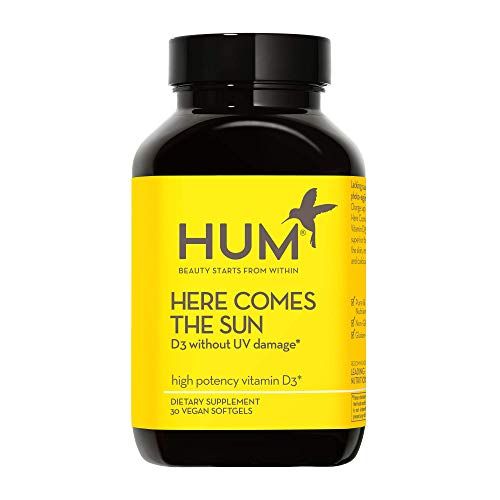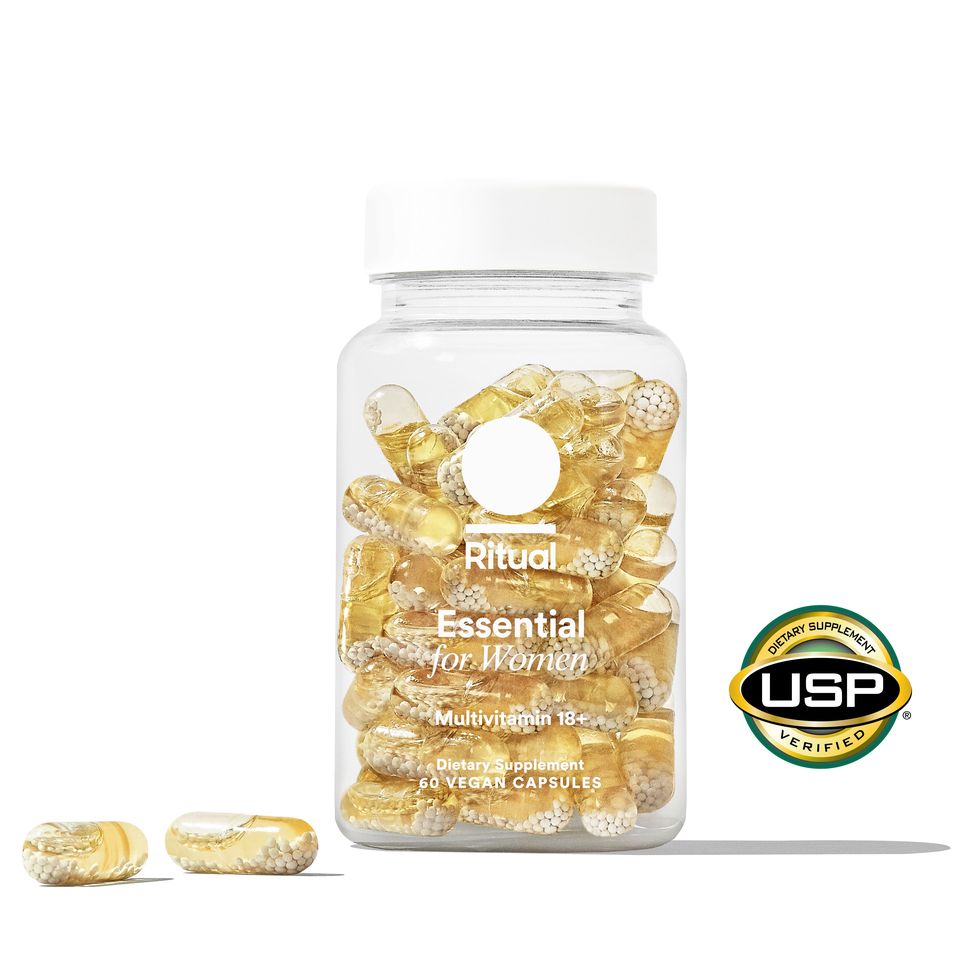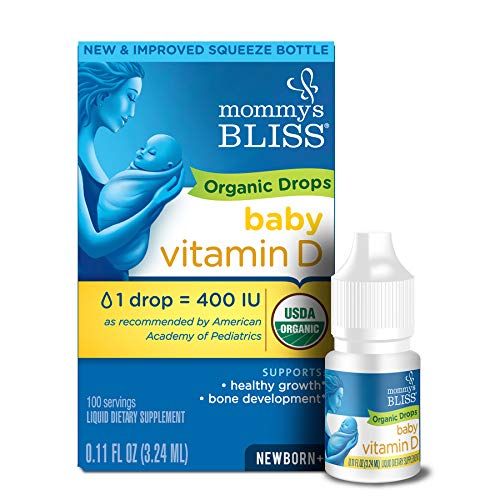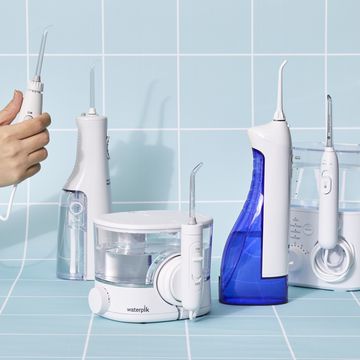13 Best Vitamin D Supplements, According to Nutritionists
These are the top tablets, chewables and drops to take if you need a boost of the sunshine vitamin.

We've been independently researching and testing products for over 120 years. If you buy through our links, we may earn a commission. Learn more about our review process.
The D in vitamin D could stand for dependable, delightful and downright crucial, since it performs so many important functions in your body.
“You may be familiar with vitamin D’s role in keeping bones strong and absorbing calcium, but it has a slew of other important functions and benefits, from supporting immunity and brain health to even regulating blood sugar levels,” says Stefani Sassos, R.D.N., the Good Housekeeping Institute's Nutrition Lab director. One of the best ways to make sure you are getting enough of the vitamin is to spend plenty of time outdoors in the sun's rays, which your body absorbs and converts to vitamin D (don't forget your sunblock!). The other way we can get vitamin D is through eating certain foods and taking supplements.
Our top picks:
Sassos points out that older adults, people who don't get outside very much, and vegans as well as others who don't eat a lot of the foods that contain D are at risk of developing a vitamin D deficiency. The best way to find out if you need to supplement is to check in with your health-care provider, who can give you a blood test to determine whether you need to supplement vitamin D or any other critical nutrients.
If you and your healthcare provider determine that you could benefit from a vitamin D supplement, it's important to note that all dietary supplements, including vitamin D, are not approved by the U.S. Food and Drug Administration (FDA) before going on the market. That's why researching each product before you purchase a supplement is so important.
In the Good Housekeeping Institute Nutrition Lab, our registered dietitians thoroughly evaluate supplements and prioritize options that have been third-party tested to ensure purity, potency and safety. When evaluating vitamin D supplements, we looked for options in various forms including pills, gummies and liquids, and considered dosage, size, price and more.
Our registered dietitians in the Good Housekeeping Institute Nutrition Lab review and evaluate every single supplement we recommend in accordance with our dietary supplement methodology. We then have a registered dietitian on our Medical Review Board review each article for scientific accuracy. A supplement should do just that: supplement the diet, not replace high-quality, nutritious food and important healthy lifestyle practices. Check with your healthcare provider before starting any dietary supplement regimen.
At the end of this guide, you can find more information on how we choose supplements, as well as what to look for when shopping and how to know if you are getting enough vitamin D.
Stefani (she/her) is a registered dietitian, a NASM-certified personal trainer and the director of the Good Housekeeping Institute Nutrition and Fitness Lab, where she oversees all nutrition and fitness-related content, testing and evaluation. She holds a master’s degree in clinical nutrition from New York University, as well as advanced certifications as a Women's Fitness Specialist and a Behavior Change Specialist. Stefani is dedicated to providing readers with evidence-based content to encourage informed food choices and healthy living. She is an avid CrossFitter and a passionate home cook who loves spending time with her big fit Greek family.

